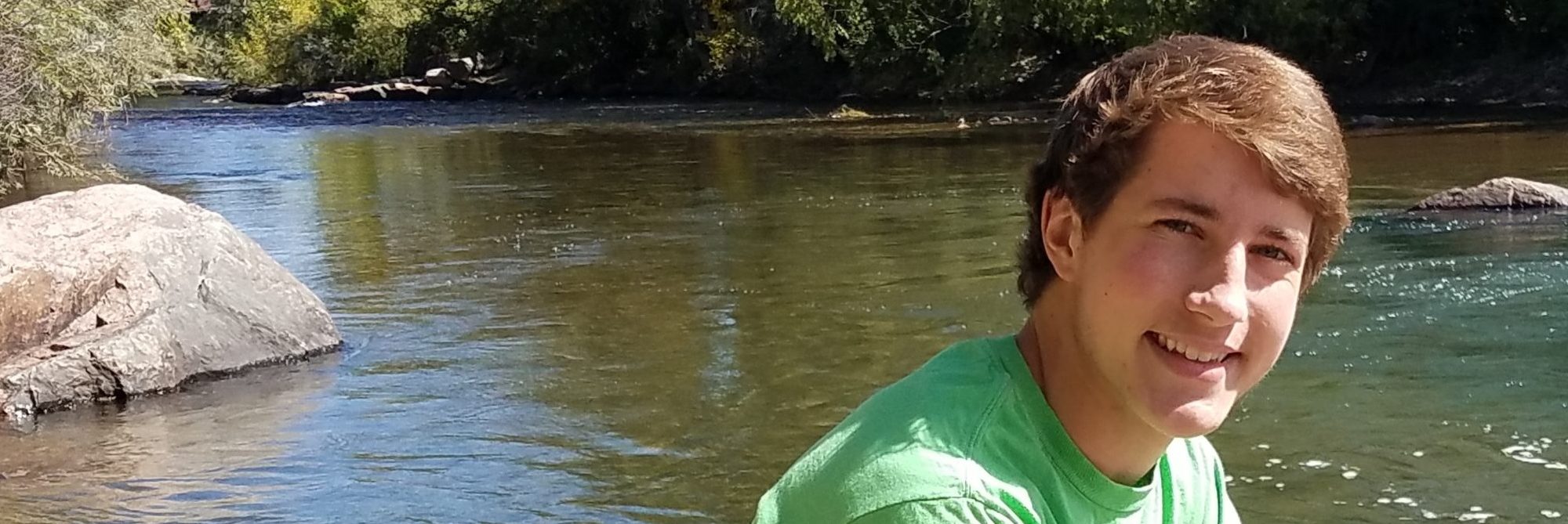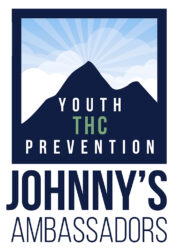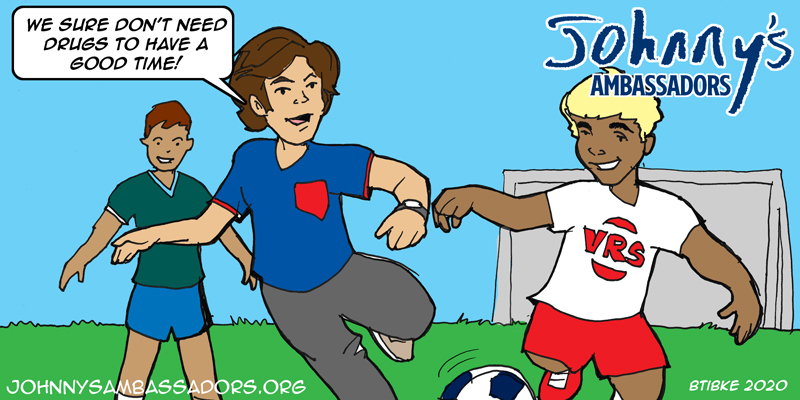By Laura Stack
Back when I was a kid, nobody had ever heard of the term “tween.” Basically, you were a baby, a toddler, a preteen, or an adolescent. Oh, a few people had used similar terms as early as the 1920s, and Tolkien applied it to hobbits in 1954. But as it exists today, it’s a marketing term that first appeared in the late ’80s and became popular in the ’90s. It refers specifically to kids who are no longer children, but not yet teenagers — i.e., those from the ages of 9-12.
And boy, ever since it became a marketing category, everyone from fashion designers to drug dealers have heavily marketed to the “tween demographic.”
The Tween Years
During their tweens, kids start to tune in to social differences and the culture around them. Not that little kids don’t fall prey to such things; anyone who’s had a kid see a toy on TV and say, “I want one of those!” knows better. But puberty often starts in the tweens, bringing everything into sharper focus.
Your tween may not have gotten there yet, but plenty of other kids in their cohort have, and their behavior will inevitably affect your tween’s behavior. It’s kind of a ripple effect, where the stronger tweens represent the thrown stones that roil the surface of the still pond.
Even if their hormones haven’t begun raging, your kids may experience teasing, bullying, isolation, cliquish behavior from others, and other blows to their self-esteem. Then there’s pressure to fit in, learning about drugs and sex, and various influences from other kids. As a result, your tween may start looking away from you as the guideposts of their lives and widen their circle of role models — some of whom may not be such a great influence.
Something I regret not doing better was monitoring who Johnny was hanging out with. After he died by suicide in Nov. 2019, several of his friends reached out to me. A couple of them apologized to me for being the ringleader and a bad influence on him by introducing marijuana. So, I can tell you it’s more important than ever these days to keep an eye on the crowd your tween children hang out with. Be especially alert to changes in their circles of friends. Allegiances will change; some friends may fade into the background, while others become more prominent. Discuss these changes with them. Know where your kids are when they’re not home, and who they’re with. Now, knowing what I know in hindsight, I would have insisted on knowing addresses and the parents. It’s hard to admit these things now, but it’s important to try to help others learn from my mistakes.
It’s also time to set strict boundaries and expectations regarding their behavior, including anything drug- or alcohol-related. Admittedly, I wasn’t very good at monitoring. It turns out Johnny was leaving the house late at night, so I highly recommend a security system, like the one we now have installed, so you can tell if a door or garage was opened. If you’ve already been having these talks, your kids know what you expect of them in the regard. When they become teens, there should be no surprises on your expectations of behavior and zero tolerance for alcohol and drugs.
The Hard Stuff
You may be wondering how often to have drug talks with your tweens. I recommend a discussion as you watch a television where drugs are involved (especially one that normalizes marijuana or casually shows people smoking) or when you drive to an event or practice. Just chat with your child about your lives and expectations often—not just when something bad happens. A good time to do this is at the dinner table. Kids who eat with their families five or more times a week are less likely to abuse drugs or alcohol.
By this point, your kids probably understand how dangerous prescription drugs can be when used improperly but remind them occasionally anyway. Expand your discussions to include new threats as they appear. Even if cannabis is not legalized for recreational use in your state, discuss the dangers of cannabis edibles and highly-concentrated THC products like dabs or wax on their minds. Share the extensive research we’ve gathered on our website.
In middle school, opportunities for drug and alcohol use may arise as your tweens test their boundaries and prepare for what they think adulthood is. So, make your drug conversations more serious. Discuss the challenge of peer pressure and how to fight it. Use examples of people they know, including friends, family members, or celebrities, whose lives have been damaged by substance abuse. Give ideas for better coping mechanisms and help you child engage in other activities.
Stress the Mental Effects
If your kids ask if you’ve ever used drugs, and they probably will, answer honestly. Let them know how different today’s marijuana is when you smoked it and why it’s important not to do it. If you had a substance abuse problem, tell them how hard it was to escape it. Emphasize that you’ll never let it happen again and invite them to learn from your mistakes.
Emphasize more heavily the fact that drugs damage their brains, because they are still developing. Remind tweens their brains won’t stop developing until their early 20s. Until then, any drug use, even a little, can cripple their mental development and even cause mental illness.
Try approaching the subject from different angles, so your child won’t get too bored with the repetition and tune you out. For example, in one talk you might want to warn them about how drinking alcohol can severely damage brain cells, making it harder for them to transmit signals (and therefore thoughts) in the brain. Excess consumption can even kill brain cells, permanently damaging memory, the body’s ability to regulate its temperature, and lower the heart rate. The amount of alcohol required to cause such damage is way lower for them than for an adult. All it takes is half the average adult amount, which doesn’t amount to much anyway.
Here’s another example: drugs can make you paranoid. High-dosage cannabis products can do it, and can also make you psychotic or paranoid. These are just a few possible effects of drug use on young brains.
Become an Ambassador!
Stress that these negative effects aren’t just scare tactics — and show them proof. Tweens are Internet savvy these days, so urge them to do their own research. Give them the link to our research page and ask them to do some serious reading. Urge them to become an Ambassador and spread the word about how substance abuse of all kinds ruins young minds.
Too many of us have suffered when our children have hurt themselves through drug use. With your help, we can ensure fewer families have to endure that pain.


